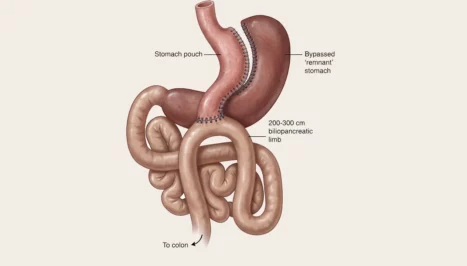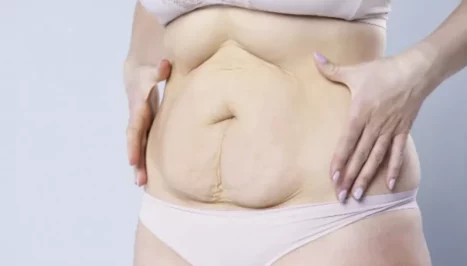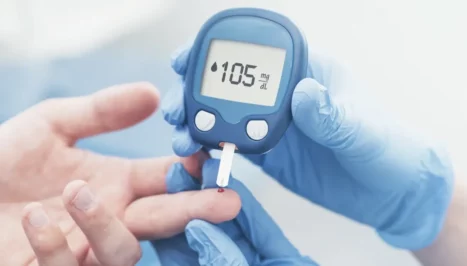Sleeve surgery risks and complications

All surgical operations are associated with some risks and complications. There are also some short term and long term risks and complications with sleeve surgery same as any other surgery. But if this surgery performed by an expert bariatric surgeon it will be associated with the minimal related risks and complication. Generally, the rate of death from this surgery is rare.
Sleeve surgery
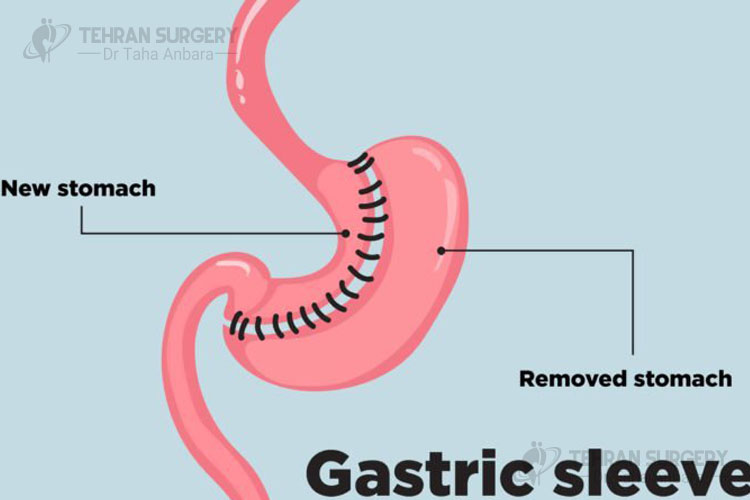
Sleeve gastrectomy also called gastric sleeve surgery is a type of bariatric surgery that involves the removal of a large part of your stomach. During the sleeve gastrectomy that typically performed laparoscopically, the surgeon removes about 80 percent of the stomach and just a tube-shaped stomach about the size and shape of the banana is left. By limiting the size of the stomach the patients can eat less food and feel full sooner.
Long term complications of sleeve surgery
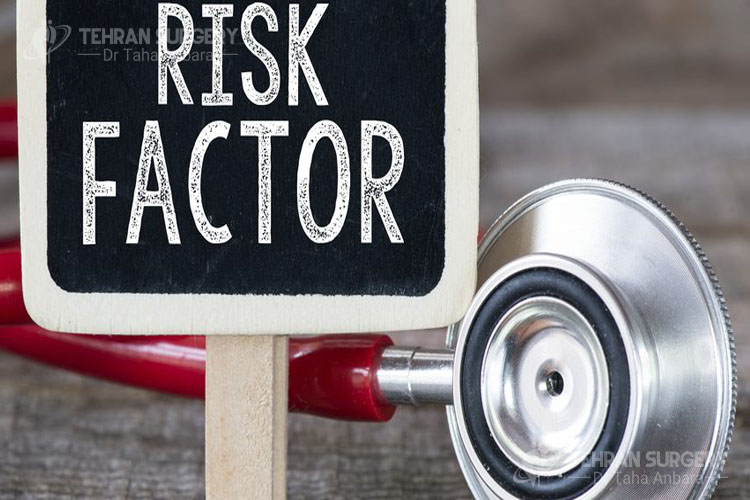
Since this is a new surgery there is less than 10 years’ data from this surgery compared to other types of bariatric surgeries. Following we mention some of the long term complications of this surgery.
- Sleeve dilation. During the first days following the surgery, the new remains stomach is very small and can hold just half a cup of food for each meal. But over the time the pouch stretches and can hold a larger amount of food and lead to weight gaining and stop losing weight.
- Stomach obstruction. Because of the narrowing and scarring of the outlet of the stomach, also called stenosis, it is difficult or impossible for patients to digest food.
- It is one of the most common complications of the sleeve gastrectomy that mostly will improve after the recovery time. But for some bariatric patients may last for several months or even longer time. In this condition, they can take medication for nausea.
- It is a serious problem after the surgery that may last for a long time which can lead to malnutrition and dehydration. In this condition, the surgeon or gastroenterologist helps to stop diarrhea.
- Bariatric surgery is an irreversible operation. It can be considered as either advantages or disadvantages of this surgery. The portion of the stomach can’t be replaced if any complications or issues with digestion occur. While in other types of reversible bariatric surgery like gastric band surgery, if any problem happens, the band can be removed.
- Sagging skin. It is a common complication with all types of weight loss surgery. Because of the skin stretching during the obesity period, the skin will sag post-op the weight loss surgery due to losing excess weight.
- Inability to take enough calories, lead to fewer intake minerals and vitamins and consequently malnutrition. Because of related complications with sleeve surgery including nausea and diarrhea, the body will have difficulty to absorb enough calories.
- Less weight loss compares to other types of bariatric surgery. Patients who have gastric sleeve surgery lose less weight than the other types of weight loss surgery. For example, people who undertake bypass surgery lose more excess weight in the long term. But these type of bariatric surgeries come with different and challenging long term issues.
- It is another complication of sleeve surgery that is common among all types of weight loss surgery.
- Stomach ulcers. It is a common condition after gastric sleeve surgery. Stomach ulcers, known as peptic ulcers or peptic ulcer disease (PUD) can be diagnosed by an upper endoscopy after the bleeding (seen as a dark, tarry stool or as blood in vomit) or pain in the stomach area.
- There is a risk of abscess in the spleen for patients who have undertaken sleeve surgery. An abscess is a collection of infection substance (pus) which are created in the body in a pocket-like area.
- Gastroesophageal reflux disease (GERD). Nausea, bloating, heartburn, the feeling of fullness and upset stomach are common symptoms of gastroesophageal reflux disease.
- Delayed leak. Mostly suture line leaks (suture line disruption or SLD) occur shortly after the surgery but in some cases, the area of the stomach that was sewn together will begin to leak after some months or even after years. Although it may rarely occur but need hospitalization, medication or even surgery.
- Indigestion or upset stomach are common after the gastric sleeve surgery.
Sleeve surgery short term risks and complications
Sleeve surgery patients may experience some short term risks and complications, like any other surgical operation such as:
- Infection
- Anesthesia complications
- Bleeding
- Blood clot
- Leakage of digestive contents from the cut edge of the stomach
Overall, gastric sleeve surgery is a safe surgery but the same as any other surgical operation, it may have some complications and risks for patients who have done this surgery. It is very important to find an expert bariatric surgeon who has many experiences in this field to ensure have safe and low-risk surgery.


